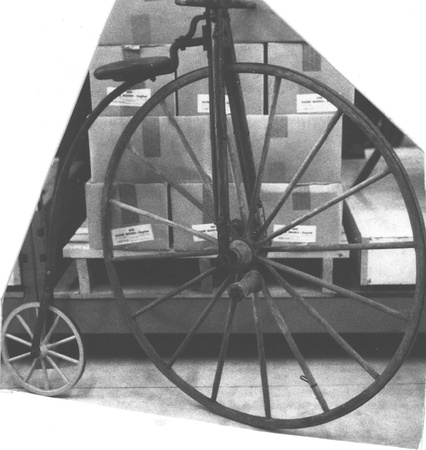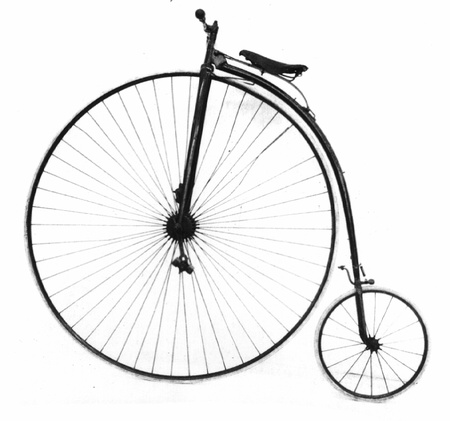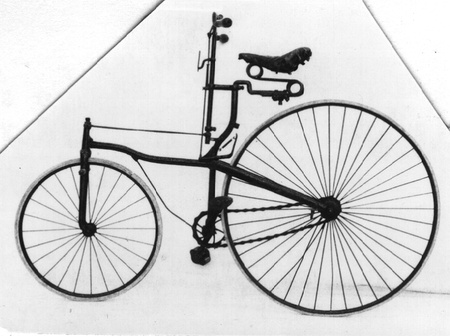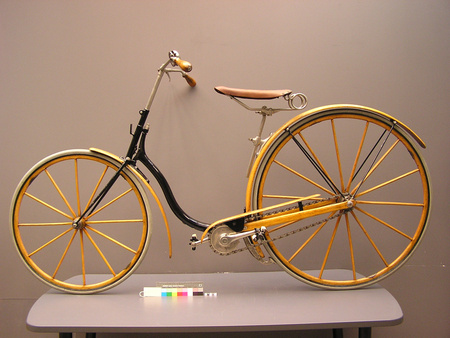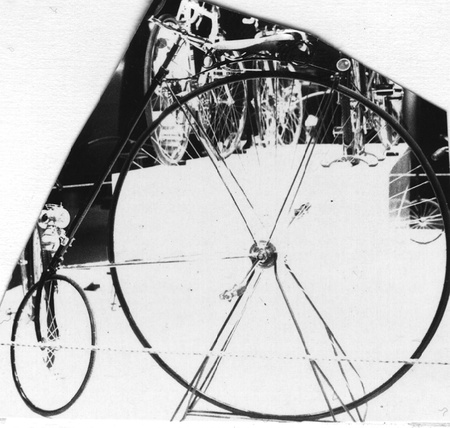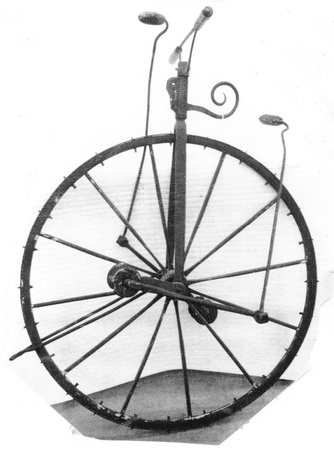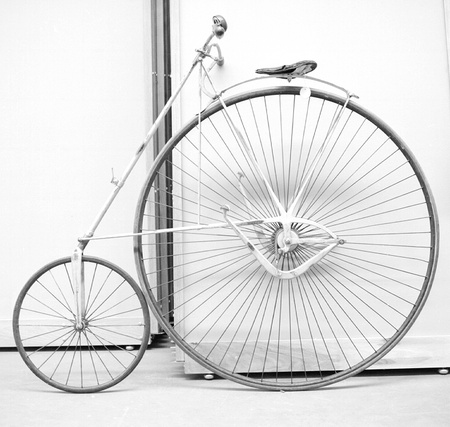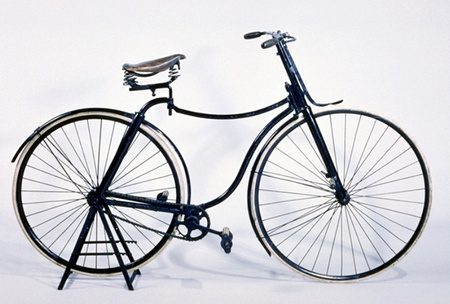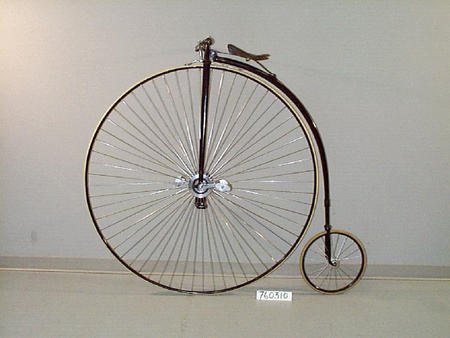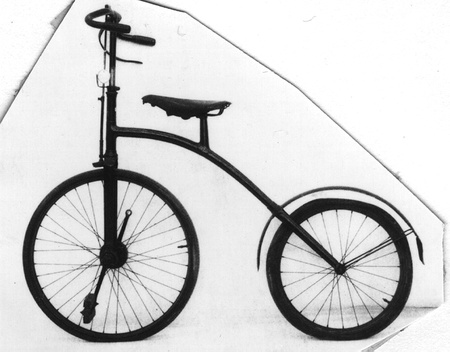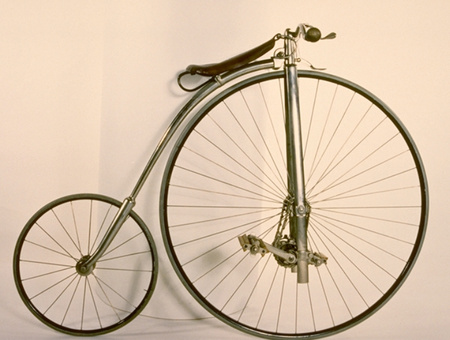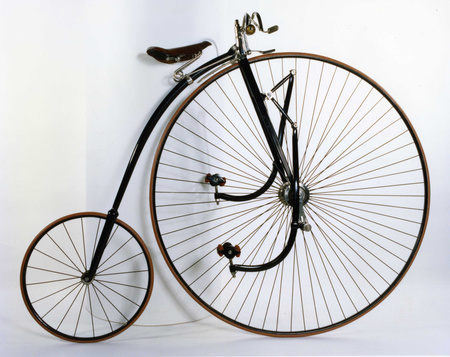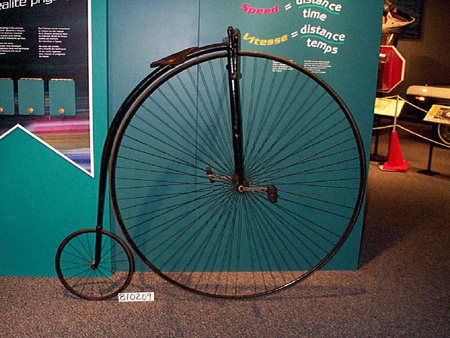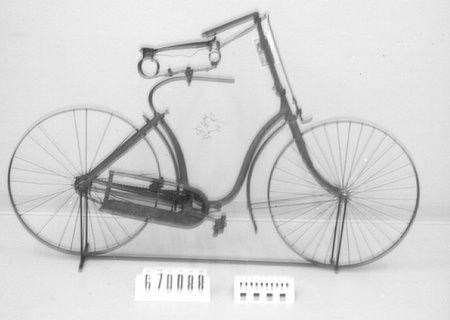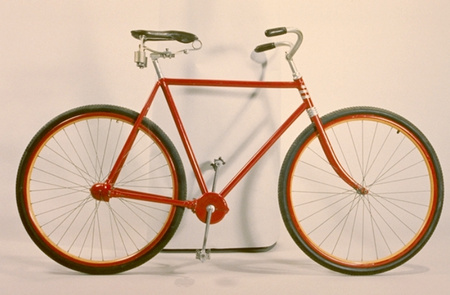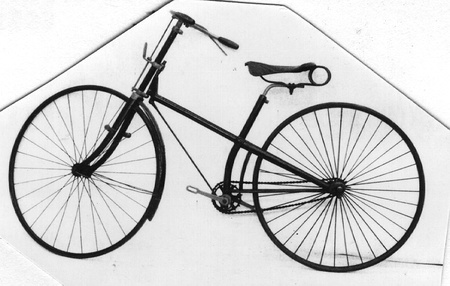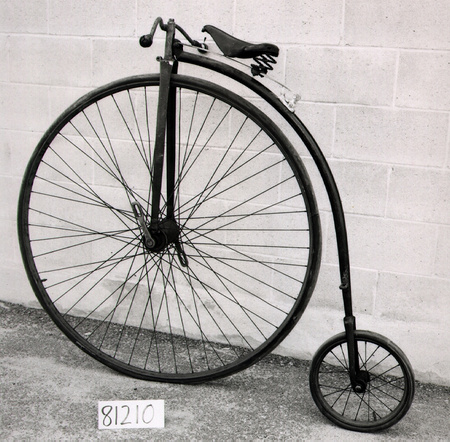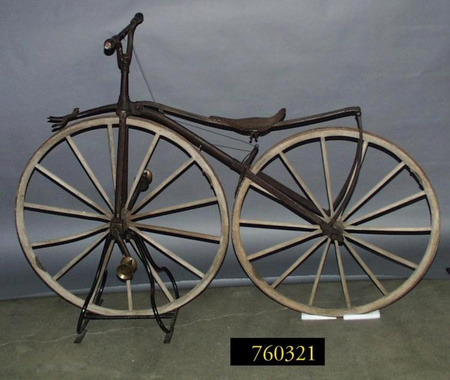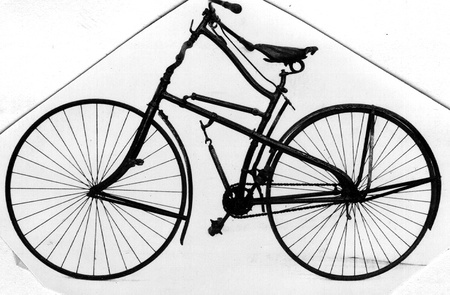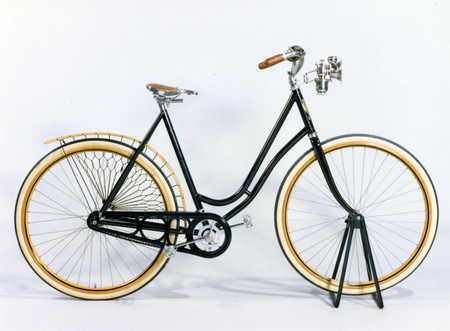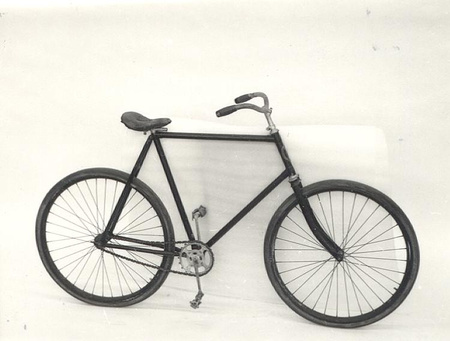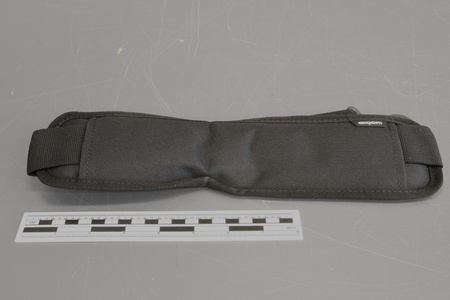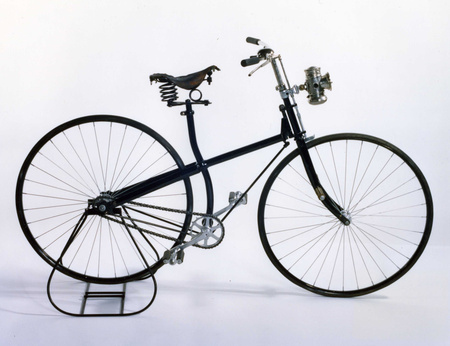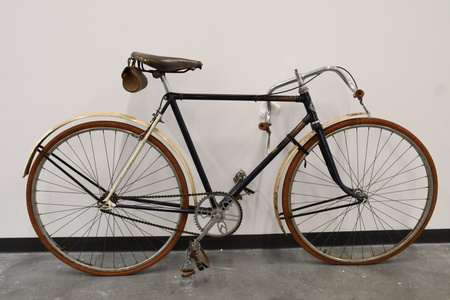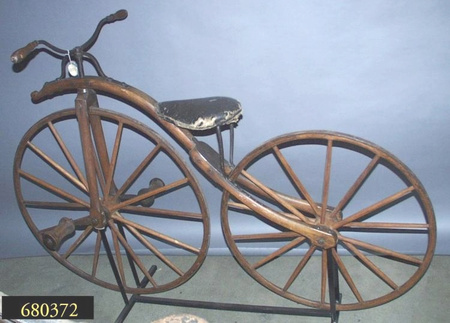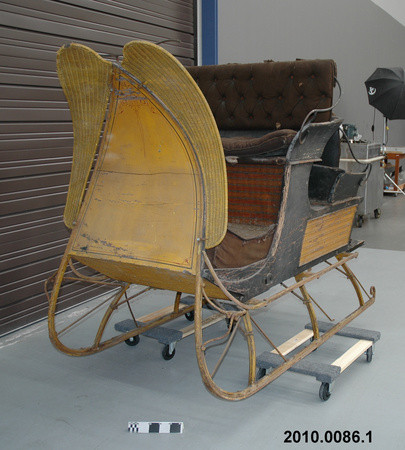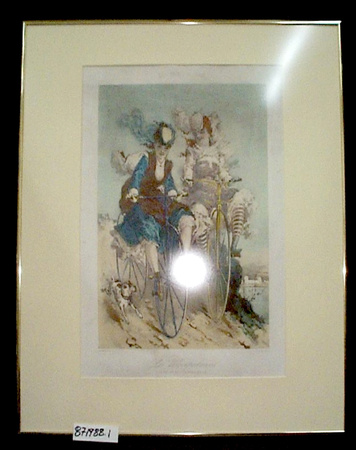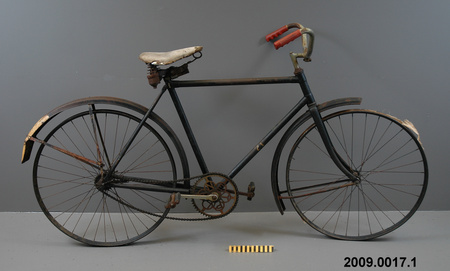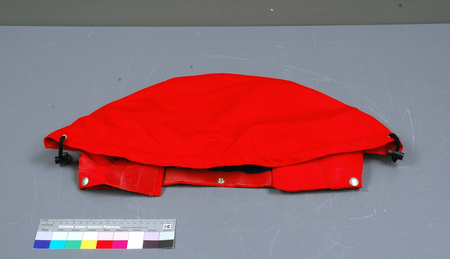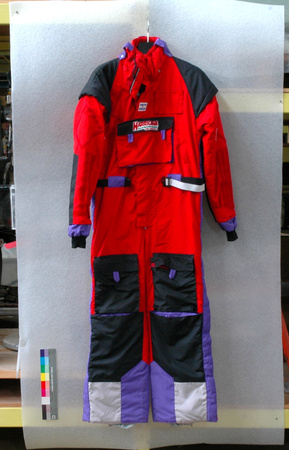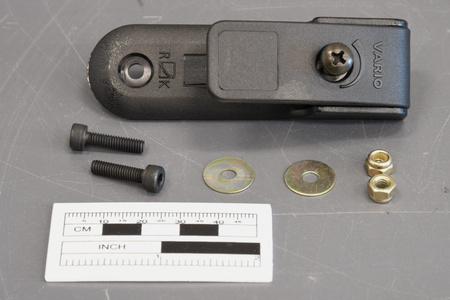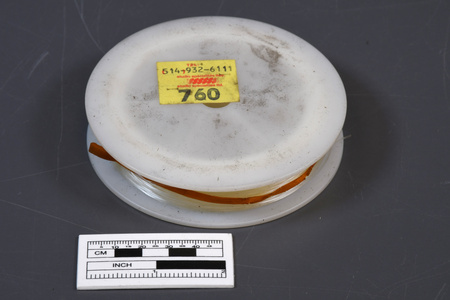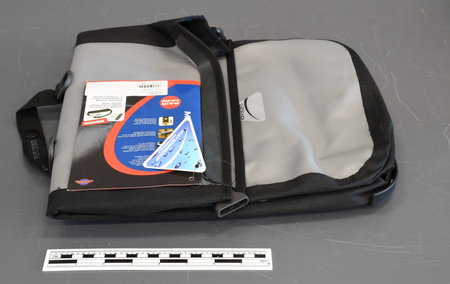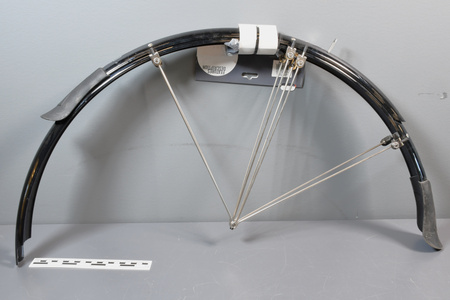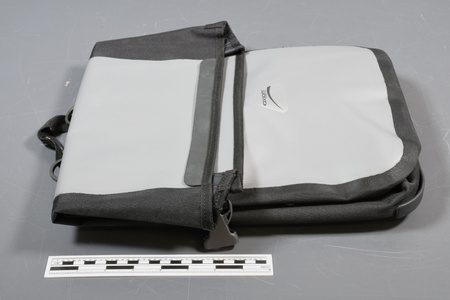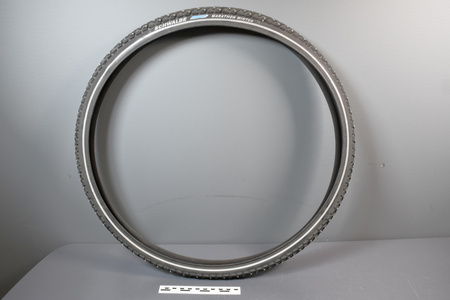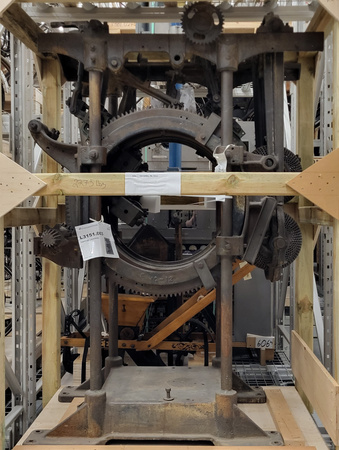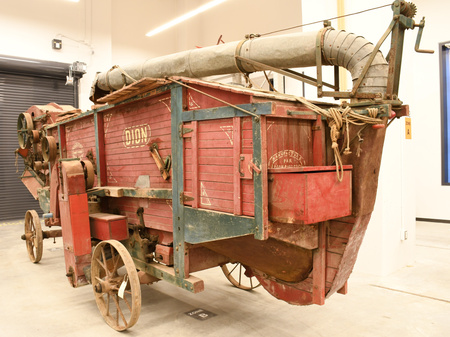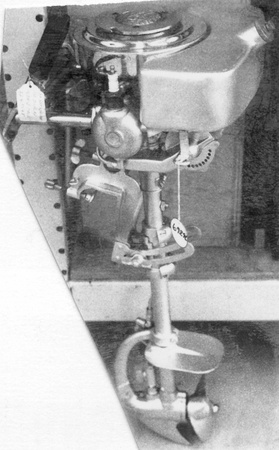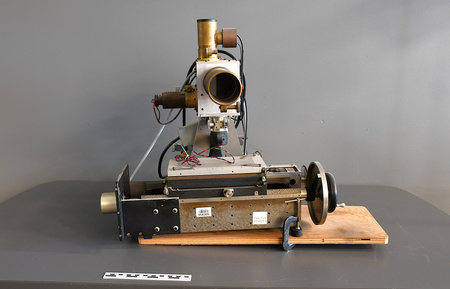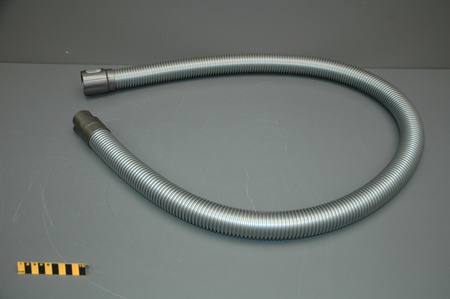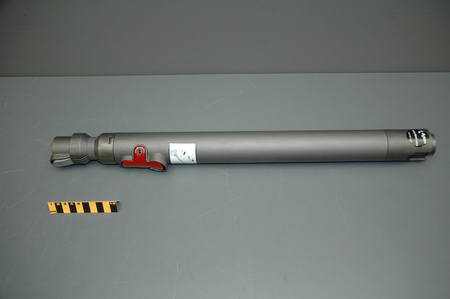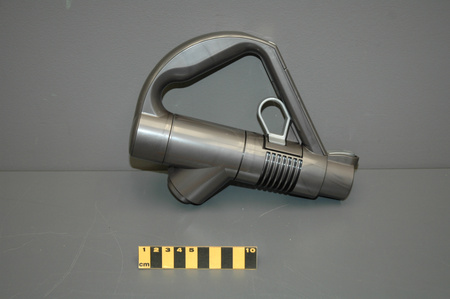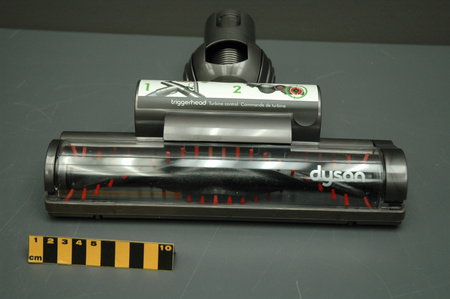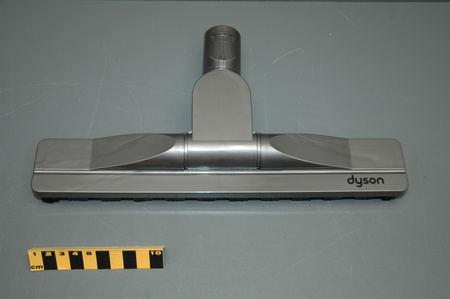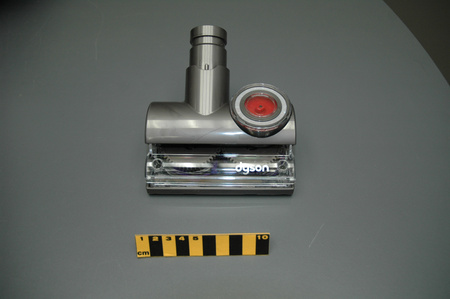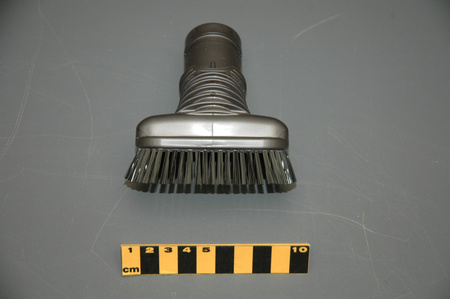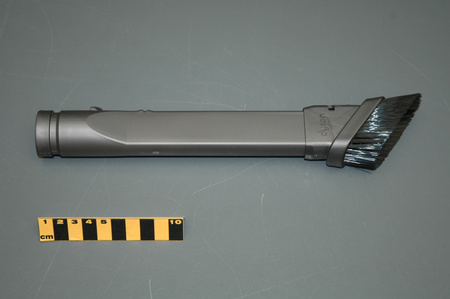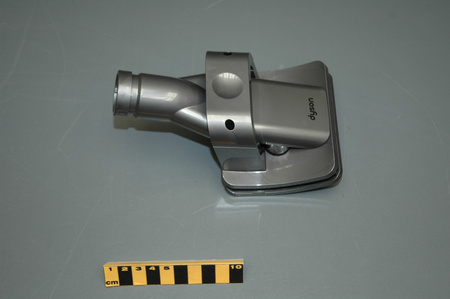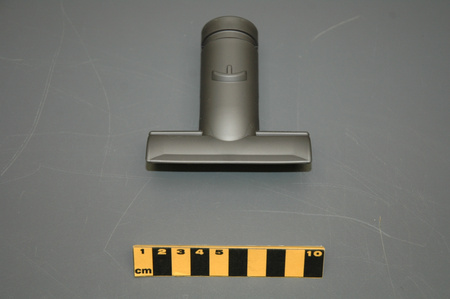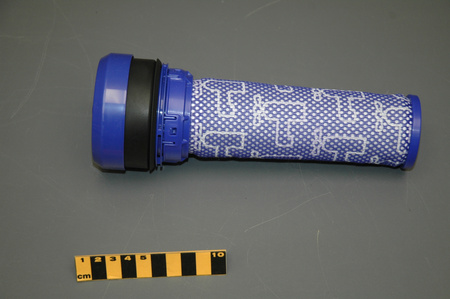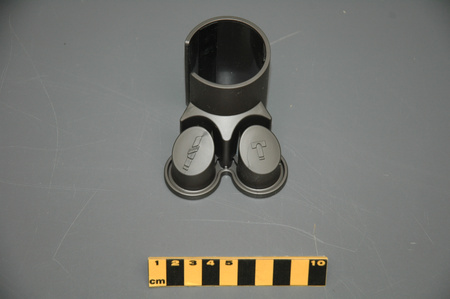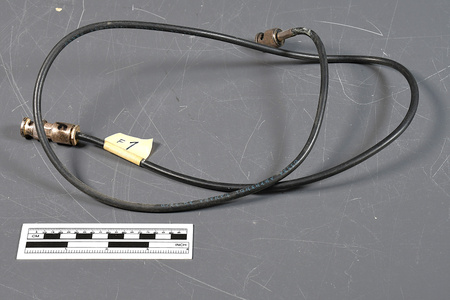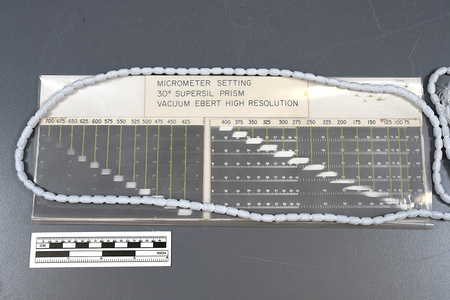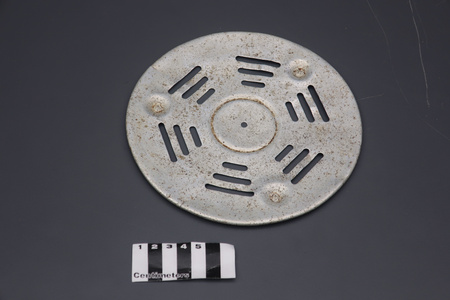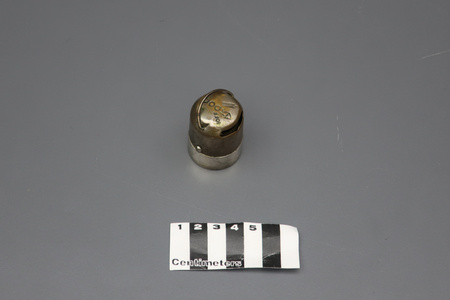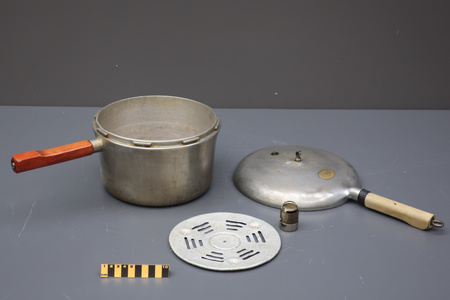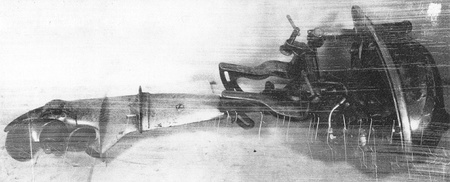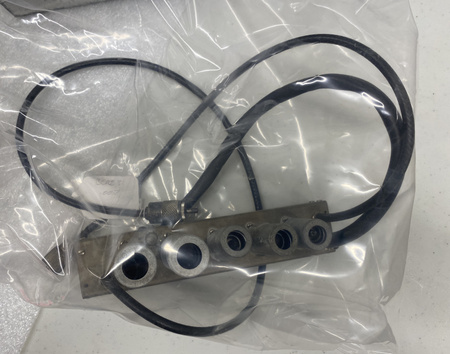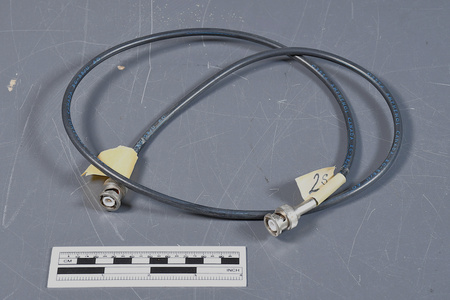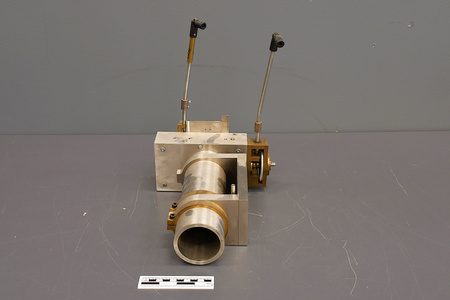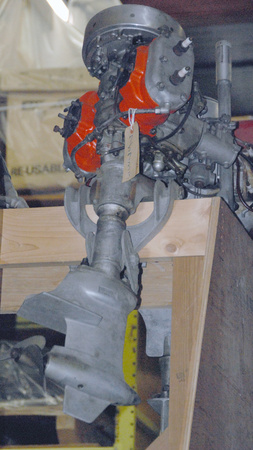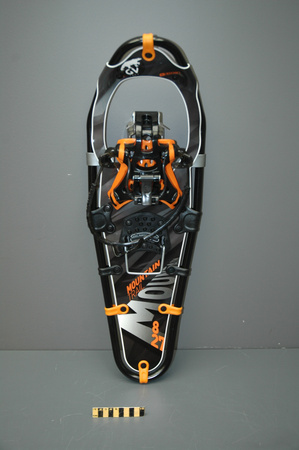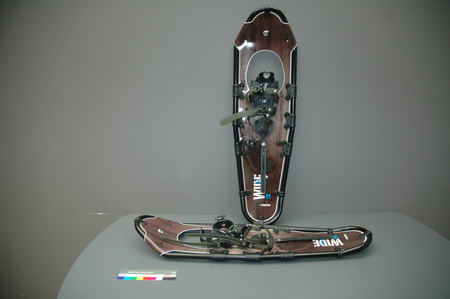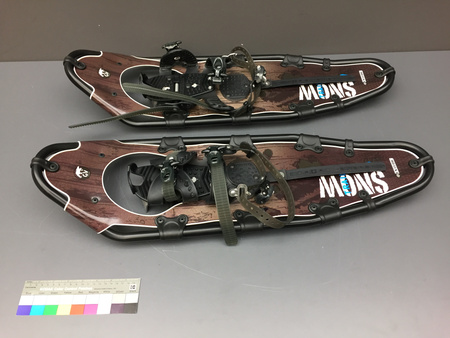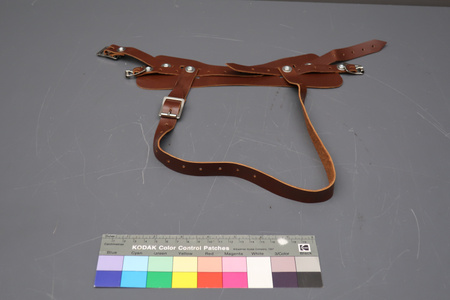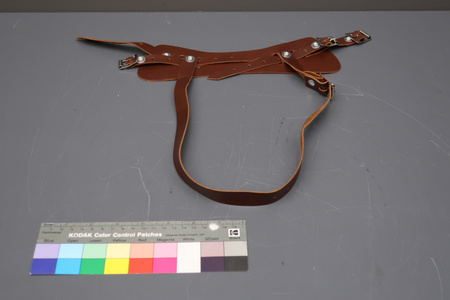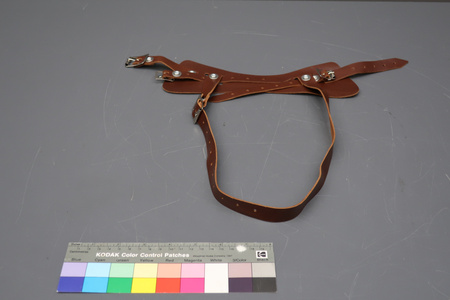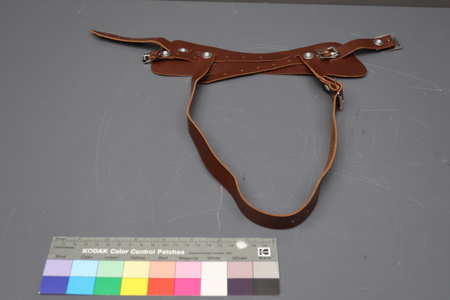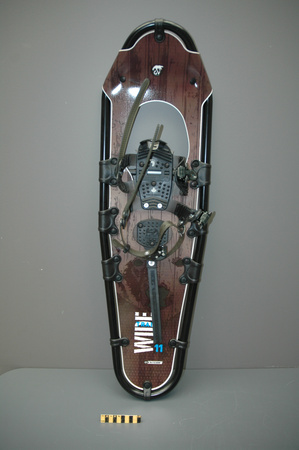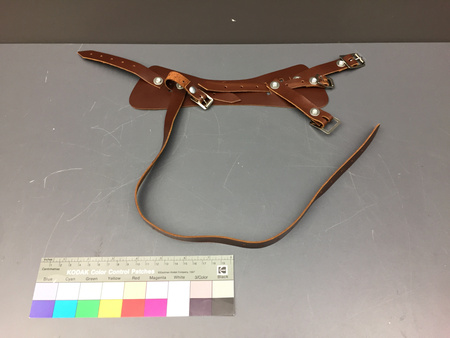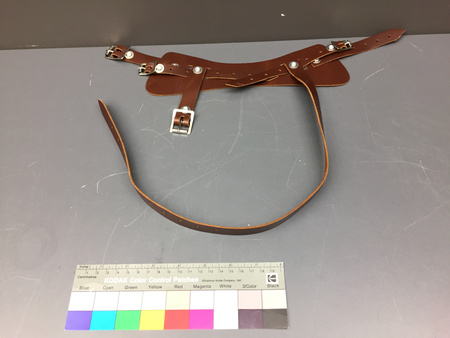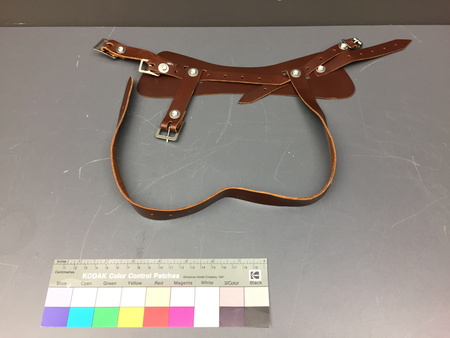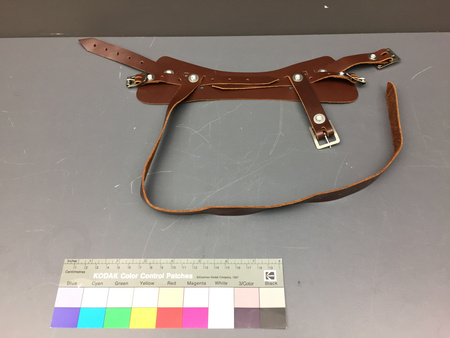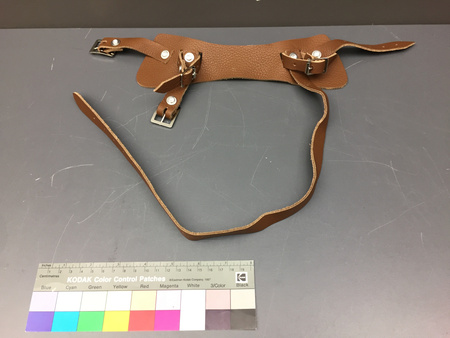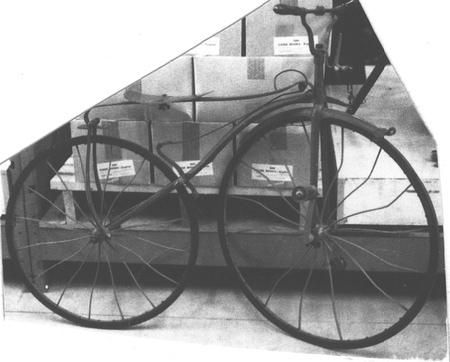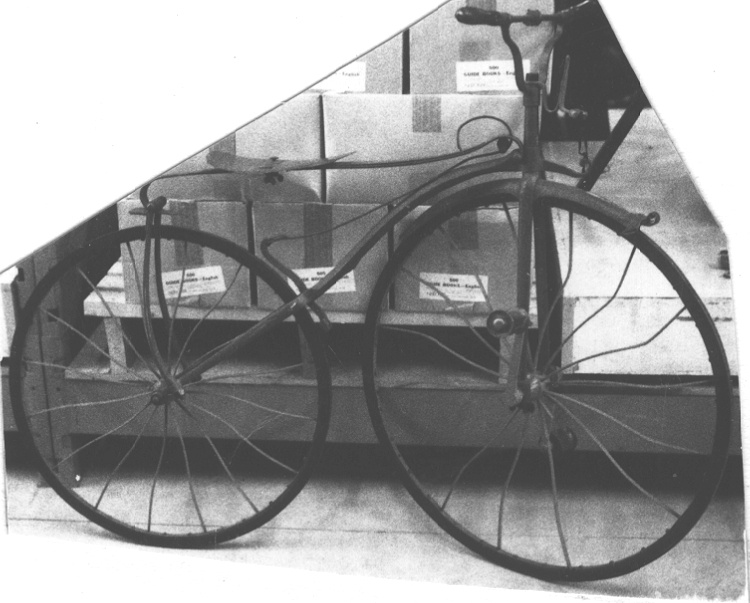Bicycle
Use this image
Can I reuse this image without permission? Yes
Object images on the Ingenium Collection’s portal have the following Creative Commons license:
Copyright Ingenium / CC BY-NC-ND (Attribution-NonCommercial 4.0 International (CC BY-NC 4.0)
ATTRIBUTE THIS IMAGE
Ingenium,
1976.0318.001
Permalink:
Ingenium is releasing this image under the Creative Commons licensing framework, and encourages downloading and reuse for non-commercial purposes. Please acknowledge Ingenium and cite the artifact number.
DOWNLOAD IMAGEPURCHASE THIS IMAGE
This image is free for non-commercial use.
For commercial use, please consult our Reproduction Fees and contact us to purchase the image.
- OBJECT TYPE
- velocipede, boneshaker/direct drive
- DATE
- 1868
- ARTIFACT NUMBER
- 1976.0318.001
- MANUFACTURER
- Unknown
- MODEL
- Unknown
- LOCATION
- Lyons, France
More Information
General Information
- Serial #
- N/A
- Part Number
- 1
- Total Parts
- 1
- AKA
- N/A
- Patents
- N/A
- General Description
- IRON PARTS OF FRAME, TIRE RIMS, SPOKES ETC. SEAT/ BRASS PEDALS, HUB/ WOODEN TIRES, HANDLES
Dimensions
Note: These reflect the general size for storage and are not necessarily representative of the object's true dimensions.
- Length
- 161.8 cm
- Width
- 56.0 cm
- Height
- 122.0 cm
- Thickness
- N/A
- Weight
- N/A
- Diameter
- N/A
- Volume
- N/A
Lexicon
- Group
- Non-motorized Ground Transportation
- Category
- Cycles & cycling
- Sub-Category
- N/A
Manufacturer
- AKA
- Unknown
- Country
- France
- State/Province
- Unknown
- City
- Lyons
Context
- Country
- Unknown
- State/Province
- Unknown
- Period
- 1869
- Canada
-
While production companies popped up throughout France, England, and the US – Canada instead imported the boneshaker more than it made it, and interest in them had declined by the mid-1870s. Nevertheless, Canadian towns, like many urban centers, became the center for Bicycles. Riding academies were seen briefly around Toronto, Montreal, and Halifax. These riding schools allowed potential buyers to practice riding a velocipede, taking courses to perfect their skills on this new machine. In particular, velocipede makers offered courses to their potential buyers on using such a machine as an added bonus. Les entreprises qui spécialisaient dans la production des bicycles ont fait leurs débuts en France, Angleterre et les États-Unis. Le Canada a préféré importé les modèles comme le “boneshaker” plutôt que les construire et l'intérêt de la population avec le bicycle a diminué autour du milieu des années 1870. Malgré que leur popularité à diminuer plusieurs académies pour les coureurs ont apparue dans les centres urbains comme Montréal, Toronto et Halifax. Ces académies étaient utilisées pour que des clients potentiels puissent essayer les vélocipèdes et aussi pour prendre des cours pour perfectionner leurs habilitées avec cette nouvelle machine. - Function
-
This artifact functions as a means of transportation. This is achieved by the rider generating momentum with the help of the object’s pedals. Cet artefact est utilisé comme mode de transport. Ceci est atteinte quand le coureur génère un élan avec un pédale de vélo. - Technical
-
This is a typical model bicycle for the 1868 bicycle craze, born from Michaux’s bicycle design in Paris. The machine bears curved spokes on the wheel, which is a design that is unusual for the time. This may be due to warping or by design, since most wheels at the time were made from wrought iron or wood — wood is the most susceptible to warping. Velocipede-making was an artisanal art; therefore, each velocipede was constructed with modifications and slight alterations, personalization, colors, and other features that make each exemplar unique. This version features a lamp post in the front, I suspect. Ce modèle de bicycle est typique pour l'année de fabrication 1868. Il est inspiré par le bicycle Michaux qui était fabriqué à Paris. La machine possède des rayons courbés sur la roue. Cette fabrication n'est pas très commune pour cette période. L'originalité du bicycle possiblement grâce à une décision du fabricateur ou simplement à cause d'un gauchissement qui était causé par des roues en bois ou en fer forgé qui peuvent avoir eu un gauchissement eux-mêmes. La construction des vélocipèdes était artisanale et donc chaque machine à ses propres caractéristiques en termes de couleur, leurs ajouts ou leur forme unique qui est choisi par l'artiste pour la personnalisation. Par exemple, il est possible que ce modèle possède un lampadaire au-devant de la roue. - Area Notes
-
Unknown
Details
- Markings
- N/A
- Missing
- PARTS OF BRAKE ASSEMBLY/ PARTIALLY RESTORED - IN GOOD CONDITION
- Finish
- GREY PAINT
- Decoration
- N/A
CITE THIS OBJECT
If you choose to share our information about this collection object, please cite:
Unknown Manufacturer, Bicycle, circa 1868, Artifact no. 1976.0318, Ingenium – Canada’s Museums of Science and Innovation, http://collection.ingenium.ca/en/id/1976.0318.001/
FEEDBACK
Submit a question or comment about this artifact.
More Like This
